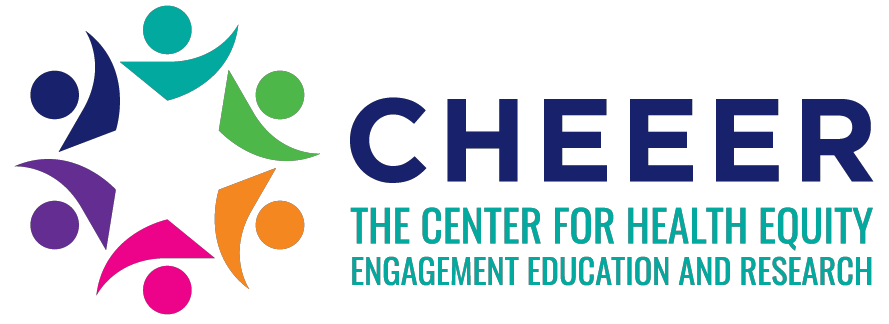A charity called GiveDirectly is trying to help poor people in Kenya in an unconventional way: by sending them money and then letting them do as they wish with it. GiveDirectly believes in empowering people—rather than giving recipients what charities think they need, let the people decide since they know what they need the most. GiveDirectly uses electronic cash transfer technology, which allows them to give 93% of the donations to the families, while the other 7% is used for enrollment, follow-up, and transfer costs.
The worry from some who have worked in charitable organizations is that people will use the money to buy unnecessary and even harmful things, like alcohol, tobacco, and gambling. In order to see what was happening with the money, researchers surveyed people in rural Kenya who received money from GiveDirectly, and a group with similar characteristics that did not receive money. These people generally live on an average of 1 US dollar per day, and 64% of the Kenyans surveyed said they had only enough food to get through the current day. The average amount of money given to the families was $513 in US currency.
They found that people did not buy items like alcohol and tobacco, but instead invested it on sustainable things, such as education for their children, health care, more food, better food, livestock, and startup money for small businesses. Outcomes for mental health, income, assets, and female empowerment increased significantly for the group that received the money.
While this is a step in the right direction, there is still room for improvement. Families spent more on health and education, but the difference between the experimental and control groups were the same in respect to rate of sickness and school attendance.
There is research to suggest that this charitable style may have long term economic effects. Researchers followed a similar program in Uganda and found that after four years, compared to the control group, the business assets of the experimental group increased by 57%, earnings by 38%, and hours worked by 17% . The researchers estimated 30 to 50% annual returns on investment from the program. They also saw that those who started businesses hired labor, which extended the impact to other Ugandans.
I would like to see what happens if more charities operated under this method. The preliminary research is promising, and the benefits are numerous. Most of the donated money actually goes to the people the donation is intending to help, rather than overhead costs. The recipients not only receive a monetary donation, but the chance to make choices to improve their situations, an opportunity to use their skills in ways they have likely dreamed of, and a deep sense of accomplishment.
For more information about the research visit:

